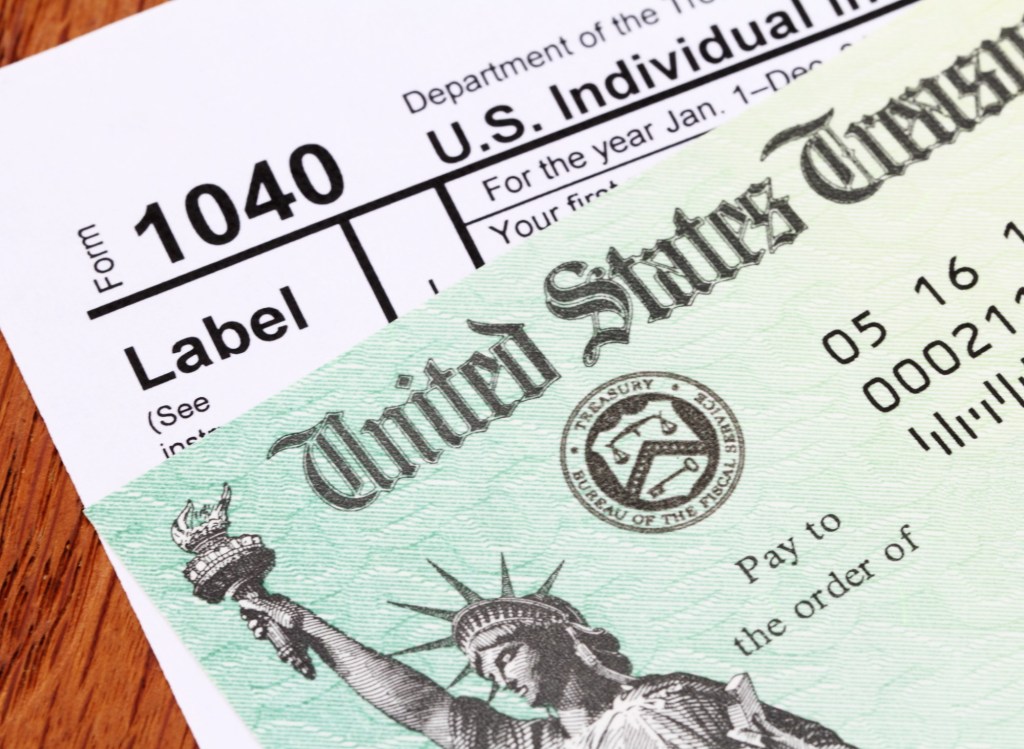
With the school year just around the corner, families are busy shopping for pencils and backpacks while teachers are planning lessons. Though high schools will continue to teach the next generation about civics, English, and math, one critical topic remains missing from many classrooms: taxes.
This absence of tax literacy in education is striking, especially in a year when taxes have dominated both the national headlines and our daily conversations. From the recent signing of the “One Big Beautiful Bill” to continued tax reforms taking place at the state level, Americans are seeing firsthand how tax policy can drive the political conversation.
More importantly, they’re seeing how tax policy impacts so much of our daily lives, shaping prices at grocery stores and even influencing how much we tip our servers at dinner.
Whether it’s a debate over who pays what, or questions about how tax revenue should be spent, taxes are no longer just a topic during filing season—they’ve become a year-round discussion.
But just because we’re talking more about taxes doesn’t mean we’re understanding them.
A recent Tax Foundation poll found that over half of Americans lack basic tax literacy, regardless of age, income, or education level. Only 2 percent of respondents exhibited “proficient” tax knowledge.
To make matters worse, the IRS Taxpayer Advocate called tax illiteracy the most serious issue facing taxpayers in 2024. That’s a problem. And it’s one that our schools should address early on in students’ lives because the knowledge gaps aren’t just in high schools.
Even among those with a higher degree, fewer than 1 in 4 could correctly identify where the government raises most of its revenue from. When people are expected to navigate a system they were never taught, confusion is inevitable. Without foundational knowledge, people are more likely to feel alienated by the tax system, resulting in compliance costs and lost revenue.
The reasons are myriad, but so are the misunderstandings. The poll made clear that people do not understand who pays taxes, how much people do or don’t pay, or even how federal tax brackets apply to their own income. Some people worry that earning more money will push them into a higher bracket and result in less earnings, when in reality, only the income within each bracket is taxed at that corresponding rate.
Misunderstandings like this can lead to misplaced frustration about perceived unfairness in the tax code. The national poll found that just 20 percent of taxpayers who advocate for increased taxation on high earners know the correct percentage of taxes paid by the top 1 percent (it’s about 40.4 percent in 2024, according to the IRS).
And that was before Congress passed a complex new tax code. With a new law in place that adds a host of new tax cuts, definitions, and temporary provisions into the mix, it’s gotten even harder to keep up. Without a basic foundation, families will continue to feel overwhelmed by an ever-evolving system.
But these changes, confusing as they may be, stress the need for tax literacy education to begin at an early stage. Taxes touch nearly every part of your life—from the first job you take to how you save for college; from the home you buy to even what career you wish to pursue (including where to pursue it). Understanding the tax implications can make a real difference.
The good news is that more states are embracing financial literacy in schools. More than half of US states have made huge progress in having financial literacy education requirements in high schools. But now is the time to go a step further and ensure tax literacy is no longer overlooked.
This back-to-school season, let’s go beyond teaching students how to balance a budget or open a bank account. Let’s also teach them what’s taken out of their paycheck and why, what to expect at the register, and where they can expect to encounter various taxes. Tax literacy shouldn’t be left to guesswork or learned the hard way. It deserves a place in the classroom. If taxes are part of everyday life, they should be part of everyday education too.
Zoe Callaway is vice president of education at the Tax Foundation.



